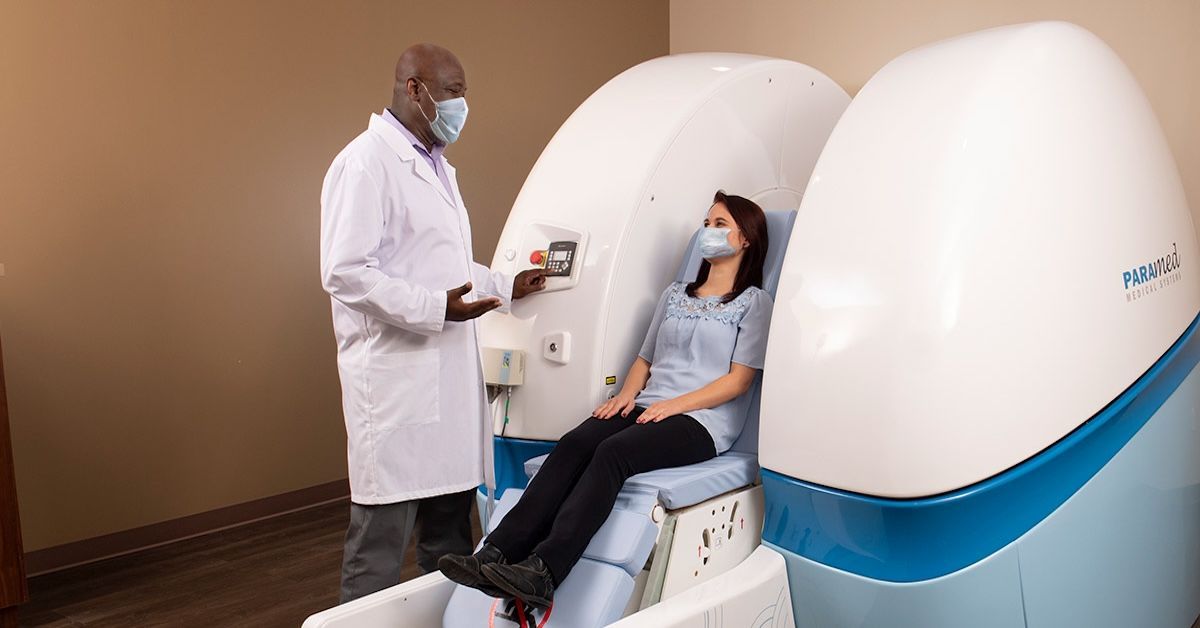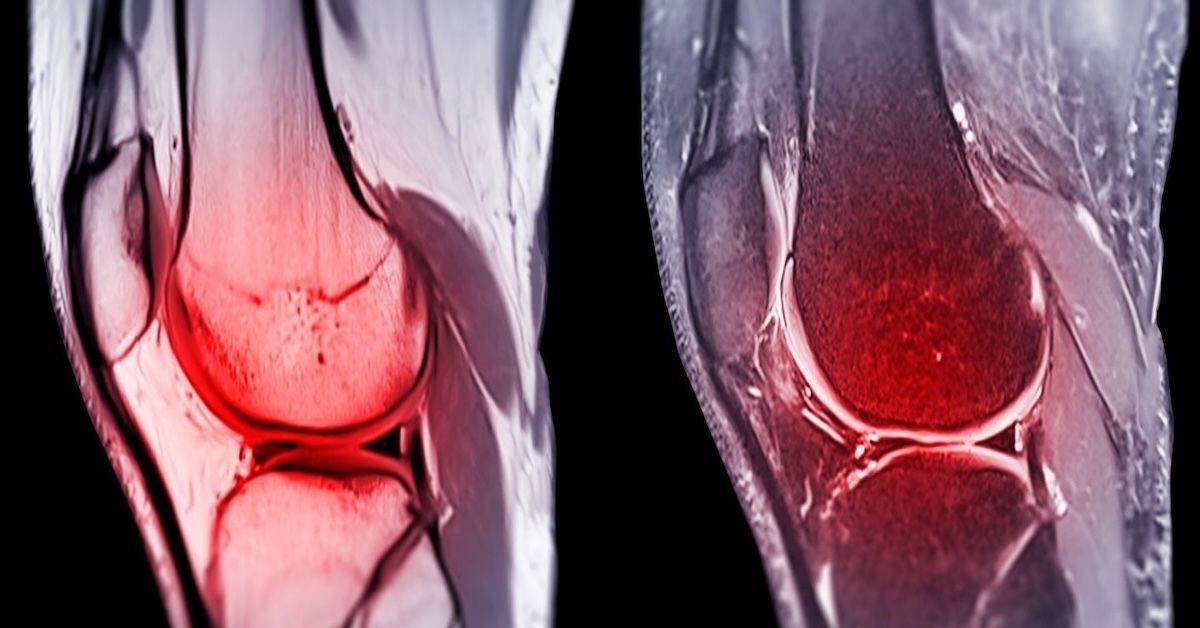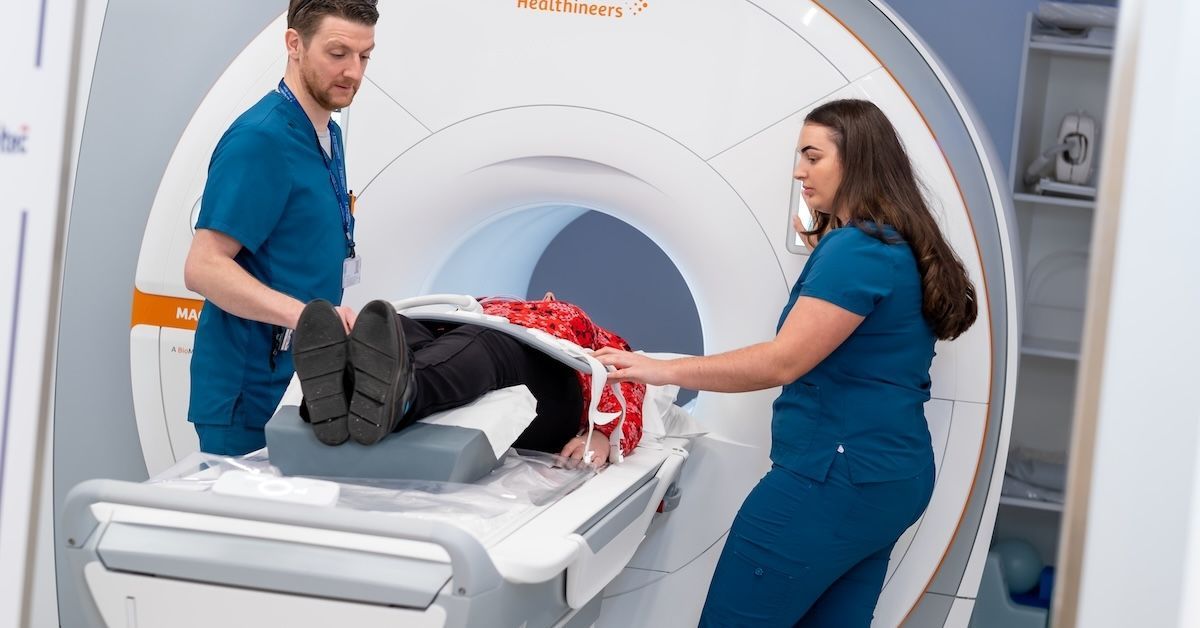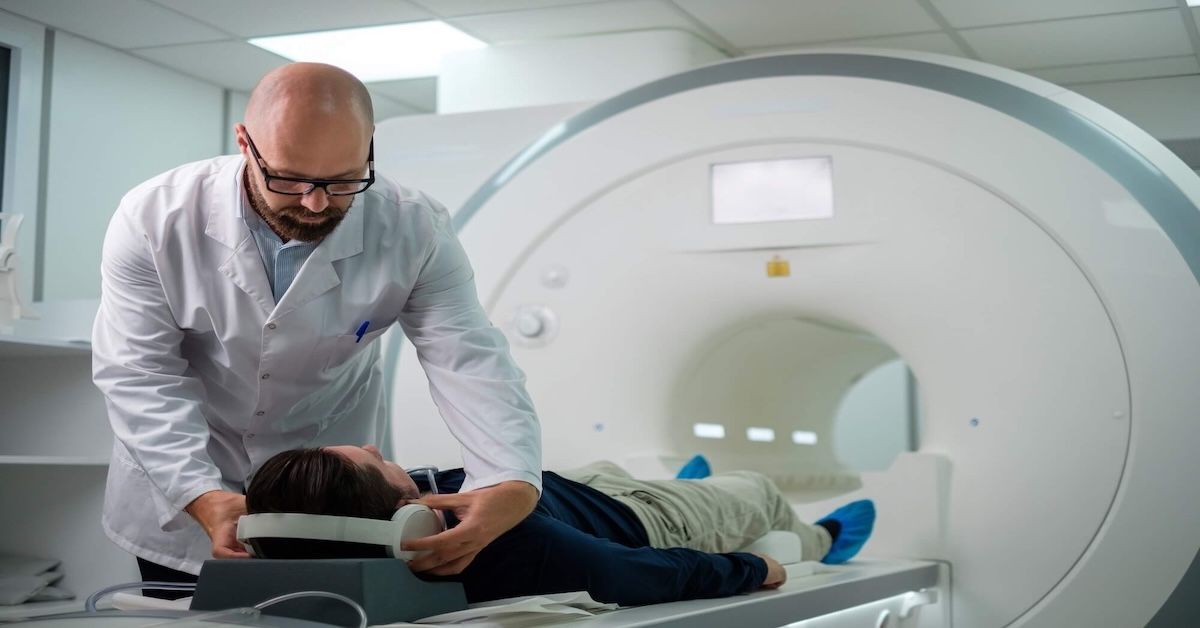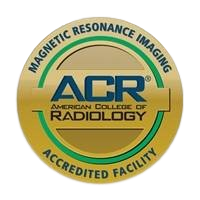457 Lake Cook Road (Deerfield Park Plaza)
Deerfield, IL 60015
Email Us:
Email us directly [+]
Fax: (847) 291-9362
Diagnosing Spinal Issues: A Closer Look at MRI Scans
The intricate design of the human spine, while remarkable, is not exempt from the wear and tear of daily life. Spinal issues, ranging from herniated discs to spinal stenosis, can significantly impact one's mobility and overall well-being. In the realm of diagnostics, advanced tools play a pivotal role in unraveling the complexities of spinal conditions. This article takes a deep dive into the realm of Magnetic Resonance Imaging (MRI) scans, shedding light on their significance in diagnosing spinal issues.
Understanding Spinal Issues
Navigating life with chronic back pain or debilitating spinal conditions can be an uphill battle. From herniated discs causing discomfort to spinal stenosis affecting everyday movements, the impact is profound. Accurate and timely diagnosis becomes paramount for effective treatment. Spinal health, often taken for granted, demands attention when issues arise. Here, we explore the essential role of MRI scans in unraveling the mysteries of spinal conditions.
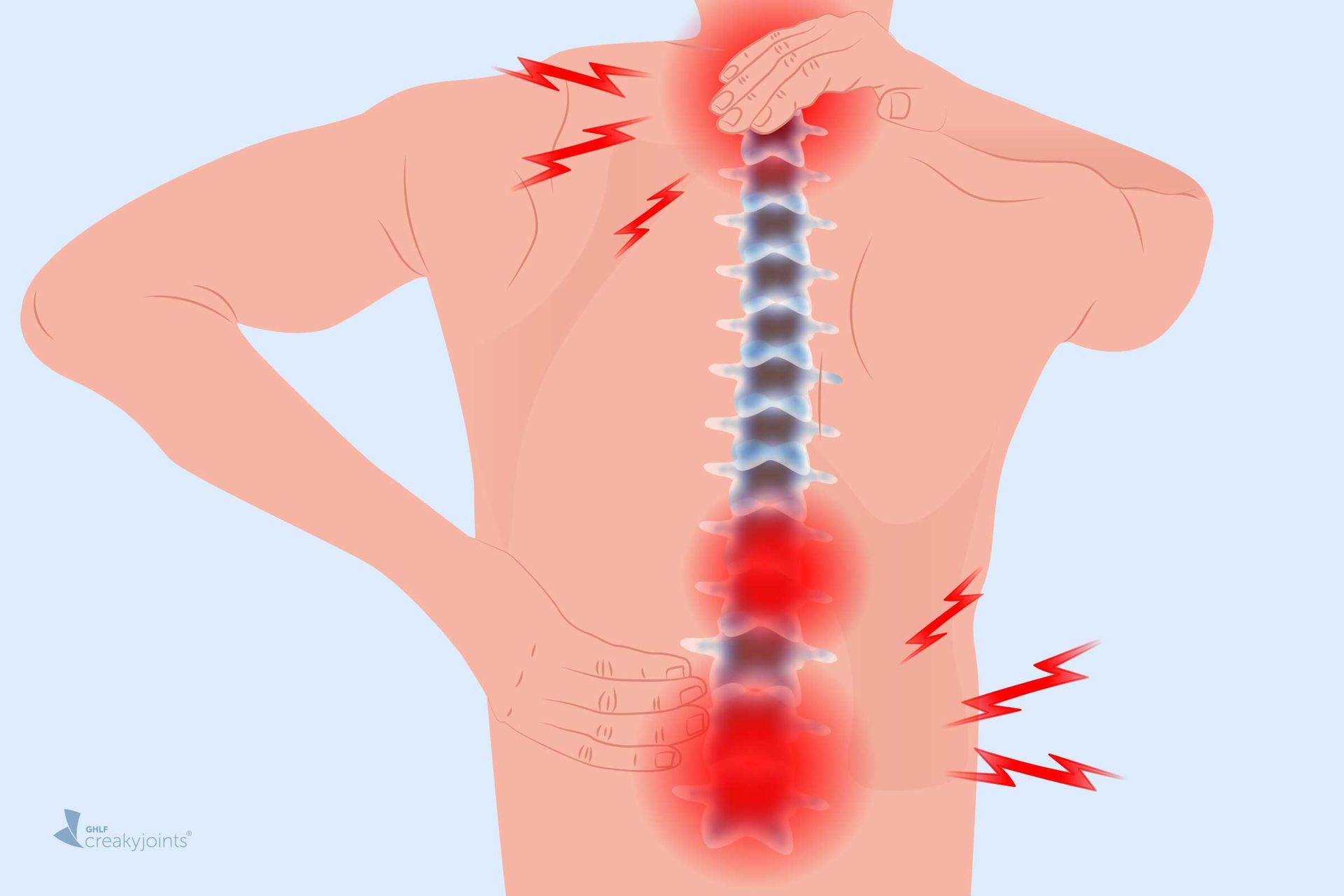
MRI Technology: Unveiling the Science
At the heart of precise spinal diagnostics lies the marvel of Magnetic Resonance Imaging (MRI) technology. Unlike traditional imaging methods that employ ionizing radiation, MRI utilizes powerful magnets and radio waves to capture detailed images of the spine. This non-invasive approach provides unparalleled clarity, especially when examining the soft tissues of the back. The sophistication of MRI technology stands as a beacon of hope for accurate diagnoses.
Common Indications for Spinal MRI Scans
Chronic back pain, often elusive in its diagnosis, finds a formidable adversary in spinal MRI scans. These scans are instrumental in pinpointing the source of persistent discomfort. They play a crucial role in diagnosing nerve compression, radiculopathy, and evaluating structural abnormalities in the spine. Additionally, spinal MRI scans become indispensable in pre-surgical planning, offering insights that guide medical interventions with precision.
Preparing for a Spinal MRI Scan
As you prepare for a spinal MRI scan, understanding the process becomes paramount. Guidelines before the appointment encompass dietary considerations and potential medication adjustments. Addressing common concerns, especially related to claustrophobia, ensures a smoother experience. Open communication with healthcare professionals about existing conditions paves the way for a tailored and comfortable scanning process.
The Spinal MRI Scan Procedure
Step into the MRI suite, and you're entering a realm of medical marvel. The spinal MRI scan involves lying still on a table as the machine captures intricate images of the spine. The duration varies, typically ranging from 30 minutes to an hour. For those wary of enclosed spaces, open MRI options provide a more spacious environment without compromising image quality. Patient comfort remains a priority throughout, ensuring optimal results.
Interpreting Spinal MRI Results
The culmination of the MRI journey lies in interpreting the results. Understanding the components of spinal MRI images is a collaborative process between patients and healthcare professionals. A familiarity with common terminologies in spinal MRI reports empowers individuals to actively engage in discussions about their diagnosis and potential treatment plans. The clarity provided by MRI images guides medical professionals toward informed decisions.
Benefits and Limitations of Spinal MRI
The benefits of spinal MRI are extensive, offering detailed views of the spine that aid in accurate diagnoses. It enables healthcare providers to visualize soft tissues, nerves, and blood vessels with remarkable precision. However, like any diagnostic tool, MRI has its limitations and considerations. These include patient-specific factors and potential contraindications, emphasizing the need for a comprehensive approach to spinal diagnostics.
Costs and Insurance Coverage for Spinal MRI Scans
Exploring the financial landscape of medical procedures can be complex. Understanding the costs associated with spinal MRI scans and exploring insurance coverage options are essential steps. Facilities such as Upright MRI of Deerfield may offer alternatives for cost-effective MRI options, ensuring that quality spinal healthcare remains accessible to all.
Choosing the Right Imaging Center
Selecting the right imaging center is a critical decision in your spinal MRI journey. Factors such as accreditation, certification, and patient testimonials play a significant role in this choice. Upright MRI of Deerfield, a beacon of reliability and patient-centric care, stands out as a reputable imaging center. Their commitment to excellence ensures that your experience is not just accurate but also comfortable and patient-focused.
Conclusion
As we conclude this exploration into the realm of spinal MRI scans, the importance of these diagnostics in uncovering spinal issues cannot be overstated. Informed decision-making, coupled with the transformative capabilities of MRI, stands as a testament to the evolution of spinal healthcare. Trust the process, stay informed, and let your spinal health take center stage. Upright MRI of Deerfield, with its commitment to patient care, remains a reliable partner in this journey toward a healthier spine and a more comfortable life.
Leave a Comment:

The World's Most Patient-Friendly MRI. A comfortable, stress-free, and completely reliable MRI scan. We offer patients an open, upright, standup MRI experience that helps those who are claustrophobic and stress being in a confined area. Upright MRI of Deerfield is recognized as the world leader in open MRI innovation,
Our Recent Post

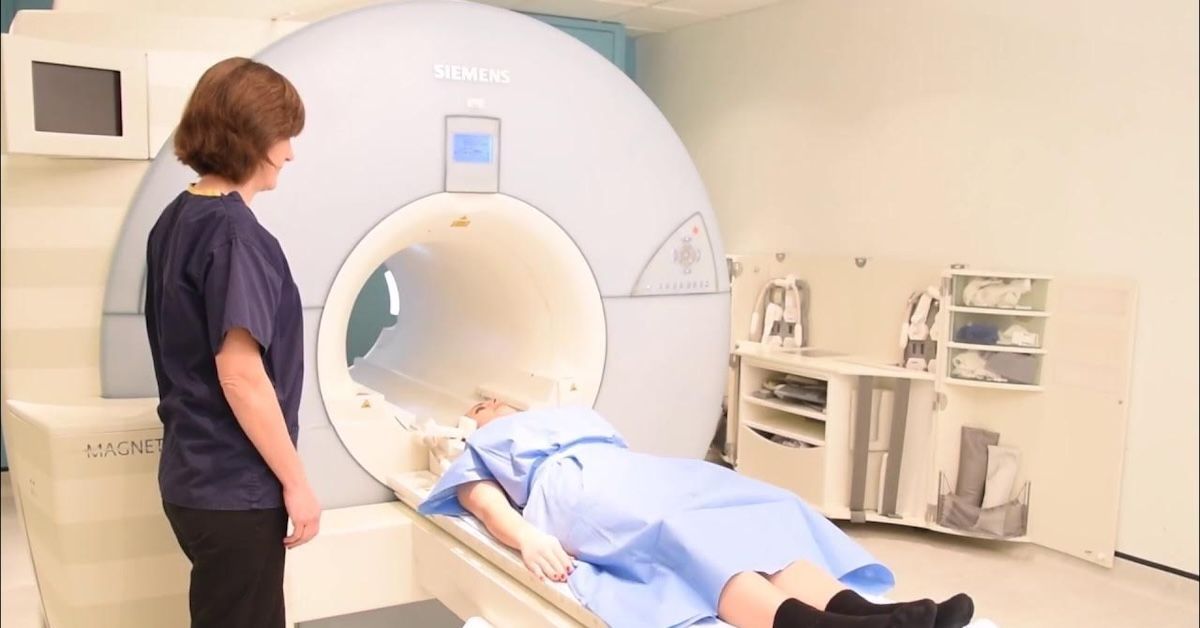
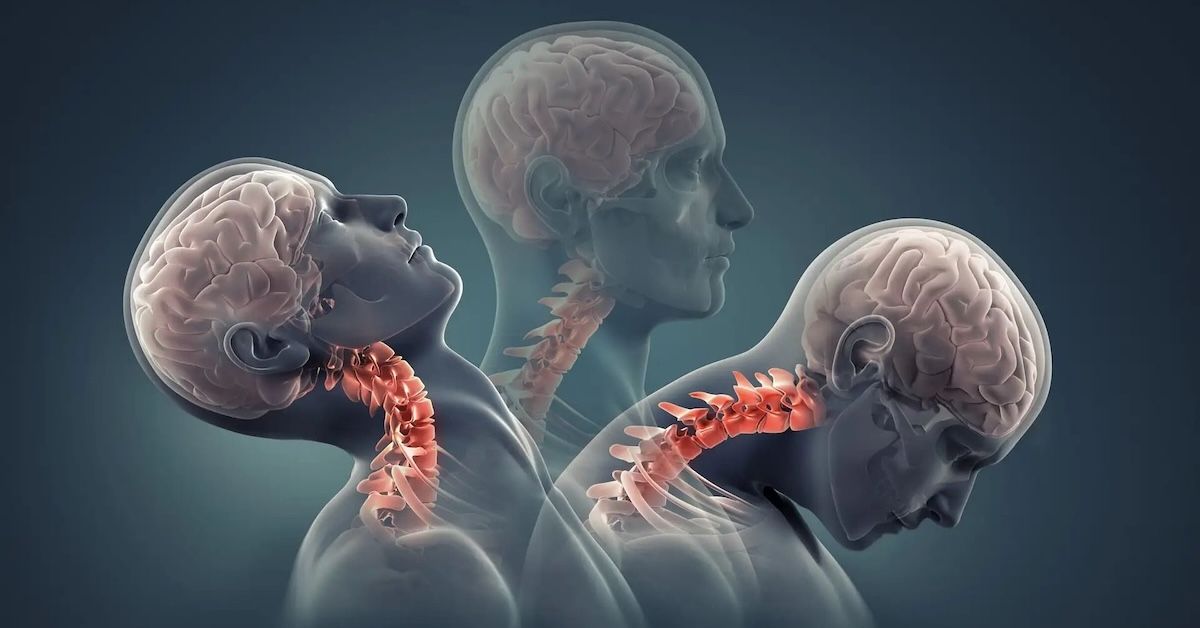

READ PATIENT TESTIMONIALS
Upright MRI of Deerfield.
Susan D.,
Highland Park, 39
I am going to tell everyone about your office! This was a great experience after I panicked in other MRI machines and had to leave. Thank you so much.

Judith B.,
Milwaukee, 61
I suffer from vertigo and other MRIs do not work. This was wonderful…absolutely NO discomfort at all. The MRI was so fast…I wanted to stay and watch the movie! Mumtaz was great. His humor really put me at ease. I’ve already recommended Upright MRI to friends.

Delores P.,
Glencoe, 55
Everything is so nice and professional with your place. I have been there a couple of times. My husband and I would not go anywhere else.


Follow UpRight MRI of Deerfield on Facebook
To see our latest news, updates or to get to know us more, we welcome you to follow along our journey in Facebook.
CONTACT DETAILS
Phone: (847) 291-9321
Address: 457 Lake Cook Road (Deerfield Park Plaza) Deerfield, IL 60015
Email: info@uprightmrideerfield.com
Business Hours
- Mon - Thu
- -
- Friday
- -
- Saturday
- -
- Sunday
- Closed
All Rights Reserved | Upright MRI of Deerfield | Website designed by NorthShore Loyalty
